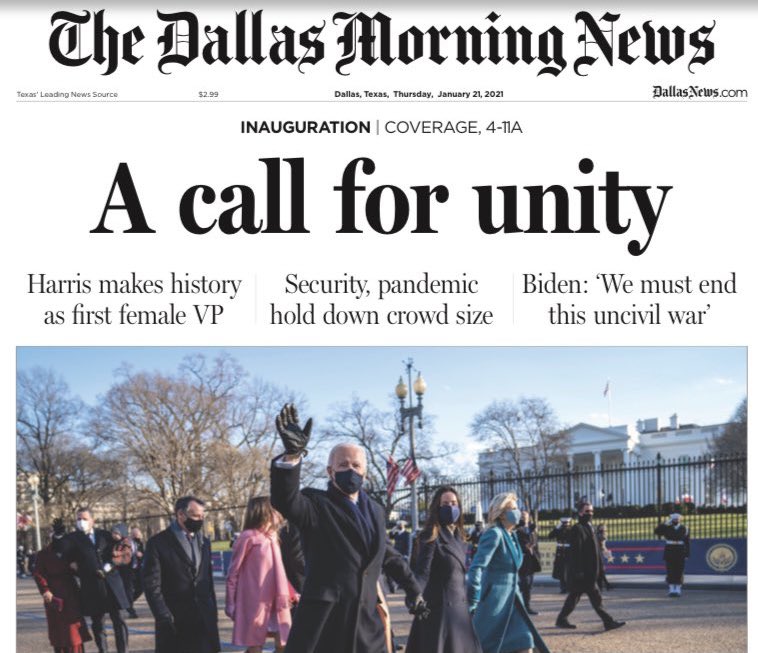
I think the thing people need to understand about anti-Asian racism (with its roots in the ‘Yellow Peril’) is that it is and always has been closely linked to xenophobia. This was the case in the 19th century, during the rise of Japan in the 70s & 80s, and today. 1/
https://twitter.com/isgoodrum/status/1372203536579133443
That makes it related to other forms of racism but also different - just as leukemia and colon cancer are both cancers and bad things that should be rooted out but also very distinct from one another. 2/
And the link between anti-Asian racism and xenophobia is why it probably isn’t going away any time soon - and may even get with worse in the near term. The emergence of China is something deeply threatening to the American psyche, just as the rise of Japan was. 3/
Indeed, for many evangelicals, US hegemony is part of God’s plan. But even for people who don’t have such a religious view of the country, there is a deep attachment to the idea that the US is the “richest country in the world,” “the leader of the world,” etc. 4/
And, yes, there are many things about China today that are rightly criticized. But as much as many people will say that their negative reactions to China are based on those things, many of the tropes that get used are the same ones once used about democratic, capitalist Japan. 5/
And it bears repeating that because anti-Asian racism is based on seeing Asians as this foreign & unassimilatable “other,” views about China (and Japan in its day) readily get projected onto Asian Americans. 6/
You readily see that in the attacks this past year - the go back to China taunts, the Twitter replies like the one below to me which are, alas, just par for the course for Asian Americans. 7/ 

In short, it would be good for people to understand what Asian Americans mean when we say we experience racism. So many people try to compare it to racism experienced by other groups, when it is at once related but different. It’s important for people to understand that. 8/
And every politician who casually engages in and uses Asian tropes because they get a rise (and Democrats do their fair share of this) should know that they are feeding into the xenophobia that leads to violence against Asian Americans. 9/
• • •
Missing some Tweet in this thread? You can try to
force a refresh













